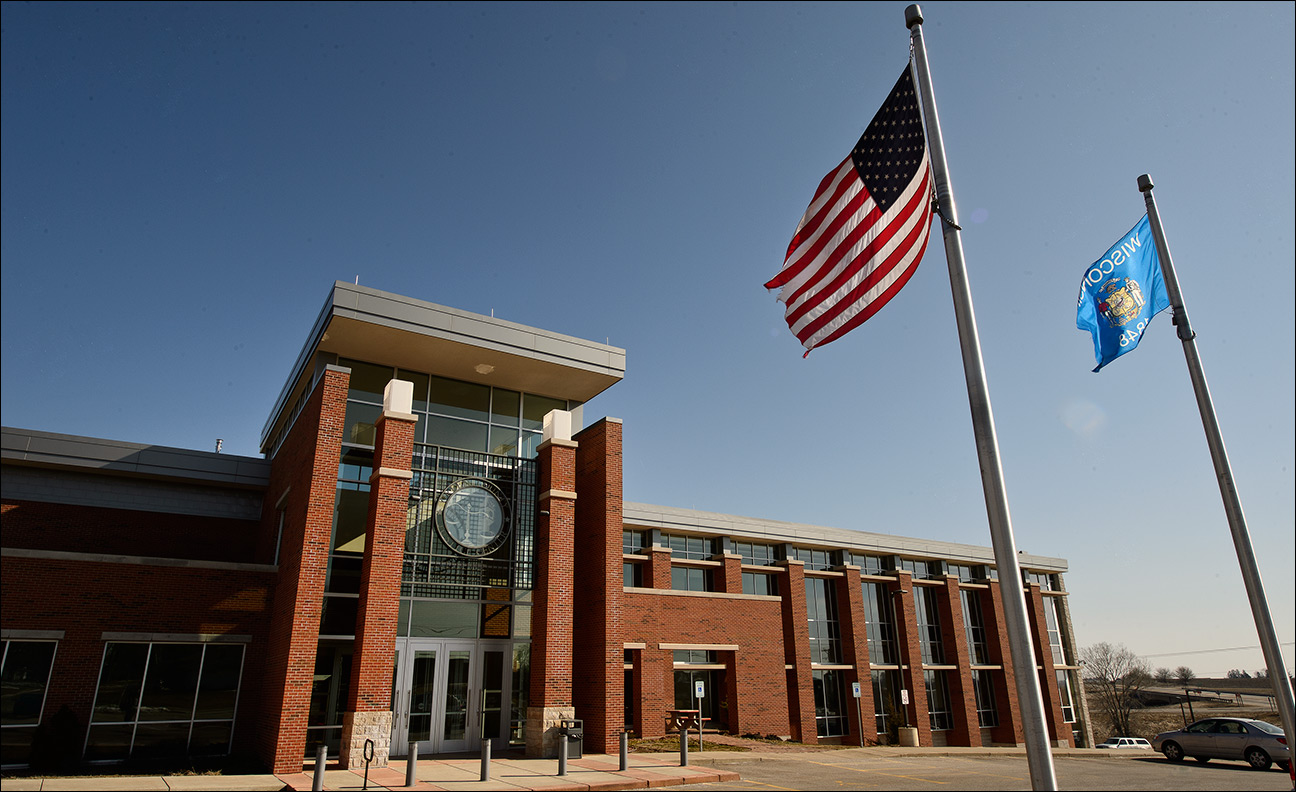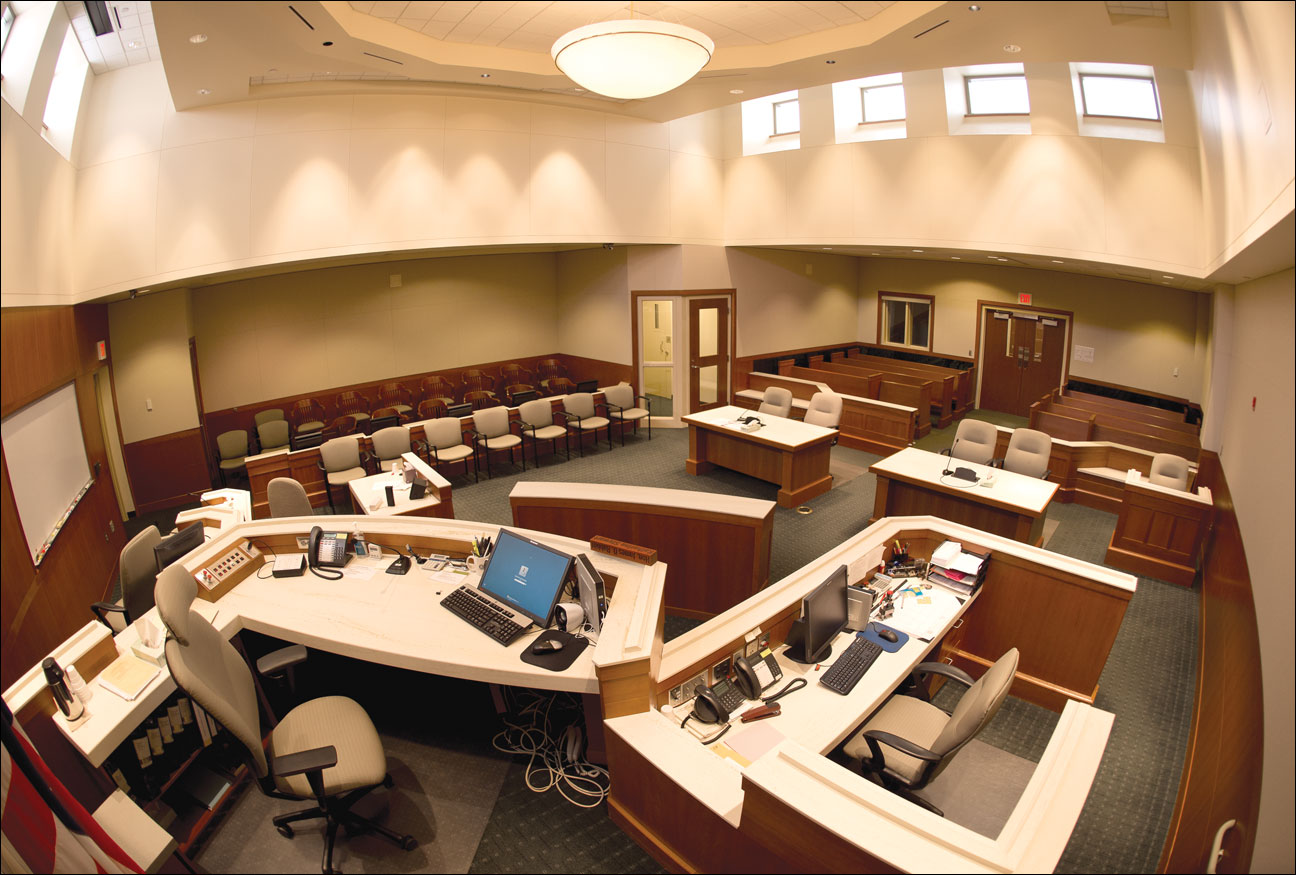Fond du Lac court caters to families
By: Jonathan Anderson//June 20, 2013//
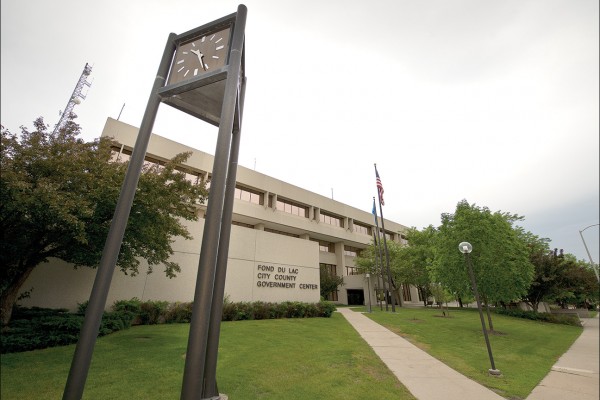
Whoever coined the adage “the wheels of justice grind slowly” hasn’t seen Fond du Lac County’s family court.
Court officials have made significant inroads in the past decade to resolve disputes more quickly, efficiently and effectively.
“We completely revamped the entire system,” said Sally-Anne Danner, the Fond du Lac County family court commissioner.
When Danner was appointed to the bench in 2001, mediation failed to resolve about two-thirds of family court disputes, she said. Resource-heavy and lengthy custody studies were much more common and the court was saddled with a cumbersome administrative structure.
Today, far more cases are resolved through mediation, and custody studies are much less frequent, according to Danner and an independent Wisconsin Law Journal analysis of caseload data.
In 2001, Danner’s first year as commissioner, 34 percent of cases in mediation were resolved successfully. That number steadily has increased over the years. In 2012, 71 percent of cases in mediation were resolved successfully.
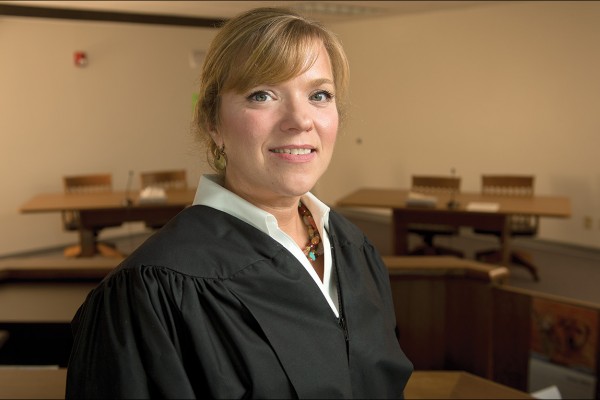
When mediation is successful, the court doesn’t have to spend as much time on custody studies, which are intensive investigations of the welfare of a child, Danner said.
The decline in that extra work has been significant. The family court ordered 37 custody studies in 2001, 53 studies in 2002 and 42 studies in 2003. By 2012, the court ordered five. In fact, between 2004 and 2012, the court ordered, on average, only four studies per year.
Changing court
Before her appointment to family court commissioner, Danner worked as a legal aid attorney in Menasha. She helped victims of domestic abuse in a 15-county area in northeast Wisconsin.
Danner said she relied heavily on that experience when designing changes to Fond du Lac County’s family court.
“I think I was able to pick and choose the elements of each county’s program that I liked the best and apply them here in Fond du Lac,” Danner said.
One of the major changes Danner made was to simplify the court’s administrative structure. The court used to be two separate offices – the court commissioner’s office and Family Court Services, a unit of the court that works with parties on mediation and administers custody studies. Danner merged the two offices.
“[Now] it’s one seamless process from beginning to end,” she said.
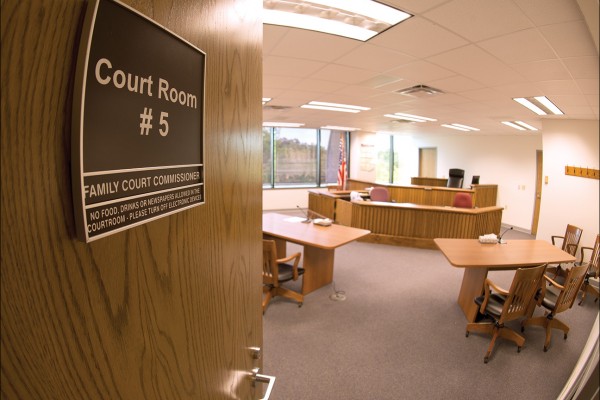
Swifter mediation
Another change Danner made: expediting mediation.
In the past, cases might have had to wait a month or two before entering mediation. Now, Danner said, parties often can start mediation within a week.
Reducing the overall length of the dispute, Danner said, helps reduce the severity of disputes and increases the possibility of reconciliation.
“By getting parents into mediation within days, rather than months, we are able to get quick resolutions that reduce the amount of time for parents to polarize and become entrenched in adversarial positions,” Danner said.
In addition, Danner said, mediation often results in happier families.
“[Parties] are going to be less satisfied with a resolution that a court has determined … than in an agreement they’ve structured themselves,” Danner said. “It just really cuts down on court time, cuts down on expenses and, most importantly, it cuts down on conflict in the families.”
Quicker custody studies
When mediation fails in cases involving children, Danner said, she still might order a custody study.
Custody studies are exhaustive investigations. They typically entail analysis of 16 factors — set forth in state statutes — such as the wishes of the parents and child, mental and physical health and the capacity of parents to care for the child.
At one point, custody studies were taking up to two years to complete in Fond du Lac County. Now they take, on average, three to six months, depending on the severity of the issues in the case, according to Danner.
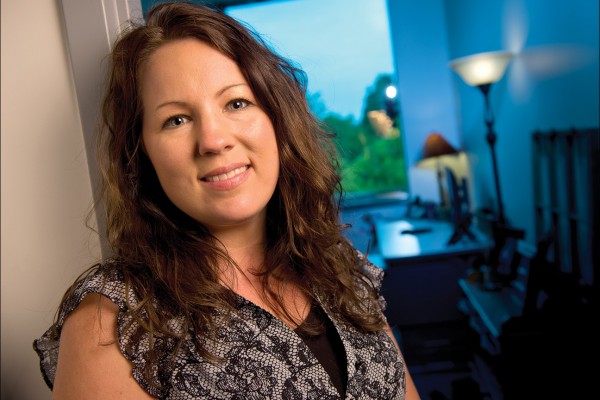
“My goal was to streamline the process as much as possible, recognizing that in family court time is of the essence,” Danner said. “One of the No. 1 risk factors for children suffering poor outcomes following a divorce or separation is on-going high conflict.”
Kylee Ernst, the program coordinator for Family Court Services, oversees custody studies. In cases where a study is ordered, Ernst works with a guardian ad litem and psychologist to gather information for the study. The study can involve multiple interviews and visits to children’s homes, schools and doctors.
“We’re trying to reel in as much information as we can to make good decisions,” Ernst said.
Ernst generally writes a report based on the study, which Danner then uses as a guide in deciding custody disputes.
Classes
Whether cases initially are resolved through mediation or adjudication, there’s still a chance the families could end up back in court. Danner and Ernst are working to mitigate that possibility, however, through ongoing education.
Ernst teaches a parenting class, which focuses on strategies for co-parenting and communication. Parents who are divorcing or separating must take the class. She also is designing another class for parents who never have been married. And she teaches a class for children ages 5 to 12 whose parents are divorcing.
At the heart of the classes – and in fact, all of the court’s work — is a central goal: to reduce conflict in families as quickly and effectively as possible. That’s not only important for the parents and children involved in each case, Danner and Ernst said, but for the community at large.
“I take this job very, very seriously,” Danner said. “Family court is really impacting basic elements of people’s lives. We may be deciding where children are going to live, which parent is going to raise the child. We’re making decisions about people’s finances — really basic decisions that impact a family’s everyday’s life.”
“If we aren’t doing our job right,” she added, “then we aren’t helping families, and that’s the backbone of every community.”
Legal News
- Former law enforcement praise state’s response brief in Steven Avery case
- Eric Toney announces re-election bid for Fond du Lac County District Attorney
- Former Wisconsin Democratic Rep. Peter Barca announces new bid for Congress
- Republicans file lawsuit challenging Evers’s partial vetoes to literacy bill
- More human remains believed those of missing woman wash up on Milwaukee Co. beach
- Vice President Harris returning to Wisconsin for third visit this year
- Wisconsin joins Feds, dozens of states to hold airlines accountable for bad behavior
- Trump ahead of Biden in new Marquette poll
- Bankruptcy court approves Milwaukee Marriott Downtown ‘business as usual’ motion
- New Crime Gun Intelligence Center to launch in Chicago
- Arrest warrant proposed for Minocqua Brewing owner who filed Lawsuit against Town of Minocqua
- Wisconsin Supreme Court justices question how much power Legislature should have
WLJ People
- Power 30 Personal Injury Attorneys – Russell Nicolet
- Power 30 Personal Injury Attorneys – Benjamin Nicolet
- Power 30 Personal Injury Attorneys – Dustin T. Woehl
- Power 30 Personal Injury Attorneys – Katherine Metzger
- Power 30 Personal Injury Attorneys – Joseph Ryan
- Power 30 Personal Injury Attorneys – James M. Ryan
- Power 30 Personal Injury Attorneys – Dana Wachs
- Power 30 Personal Injury Attorneys – Mark L. Thomsen
- Power 30 Personal Injury Attorneys – Matthew Lein
- Power 30 Personal Injury Attorneys – Jeffrey A. Pitman
- Power 30 Personal Injury Attorneys – William Pemberton
- Power 30 Personal Injury Attorneys – Howard S. Sicula












